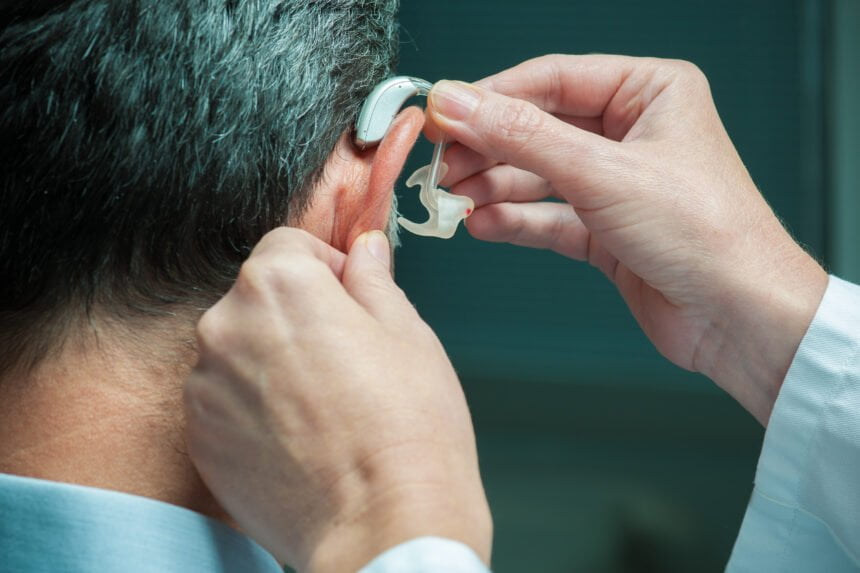Technology plays a large role in daily life. People use electronic devices countless times each day, often without even thinking about the technology behind them. Technology is especially important in the healthcare sector.
Hearing aids are a good example of a device that many people rely on to navigate today’s world. These devices are costly, so owners must find ways to extend their lifespans and ensure they perform optimally. Incorporate the following four tips into your daily hearing aid care routine for great results.
Clean the Hearing Aids
Clean hearing aids are aesthetically appealing and allow the user to hear better. Daily cleanings remove earwax and debris that can build up in these devices. This dirt and debris may block the microphone or speaker, diminishing the effectiveness of the device. When cleaning in-the-ear and in-the-canal models, make certain to remove earwax and dirt buildup. If you use a behind-the-ear model, clean the earmold and tubing thoroughly. Talk with your audiologist to learn how to care for your ear-to-brain hearing aids properly.
When cleaning these devices, use a soft, dry cloth. Never use chemicals or cleaning agents because they can damage the electronic components. You can also invest in specialized cleaning tools. Most audiologists have them available.
Storing the Hearing Aids
You may be tempted to throw the hearing aids on the bathroom counter when you get ready for bed at night. They’ll be readily available when you get up and moving the next day. However, doing so isn’t wise. You need to keep the devices in a cool, dry place where they won’t be exposed to high levels of moisture or direct sunlight. Consider investing in a hearing aid dehumidifier if you find yourself in situations where the devices may be exposed to high humidity or water.
Before storing hearing aids, remove the batteries. They may leak and corrode the electronic components. Store the batteries in a separate location to protect them from harm. Consider purchasing a special storage device to keep them safe, as well.
Extreme Temperatures
Extreme temperatures can also damage hearing aids or reduce their efficacy. When there is a sudden change in the temperature, moisture may build up in the hearing aid and damage the internal components. Use the dehumidifier to remove this moisture. If you do find yourself in an area with extreme temperature changes, examine the hearing aids regularly for damage.
Professional Cleanings
Electronics contain many delicate parts, and the average person often doesn’t understand how these components work together. However, trained audiologists do. Make time to have the hearing aids periodically assessed by a professional. They can make adjustments to the devices, clean internal components, and look for potential problems. If any are found, they will make repairs before the devices fail.
During this cleaning appointment, the audiologist assesses your hearing and makes changes to the device as needed. A person’s hearing naturally changes over time. These cleanings are the ideal time to detect these changes and make adjustments. Being proactive helps to extend the lifespan of the devices while ensuring your hearing remains clear.
Talk to your audiologist to learn other ways you can extend the lifespan of your hearing aids while ensuring optimal performance. They are happy to share their experience with patients, as they want everyone to be able to hear clearly. A loss of hearing is detrimental to a person’s mental health, so make an appointment today to have your hearing aids cleaned and checked. When they are in good working order, you can converse with others easily and maintain social connections, of great importance to all humans.

